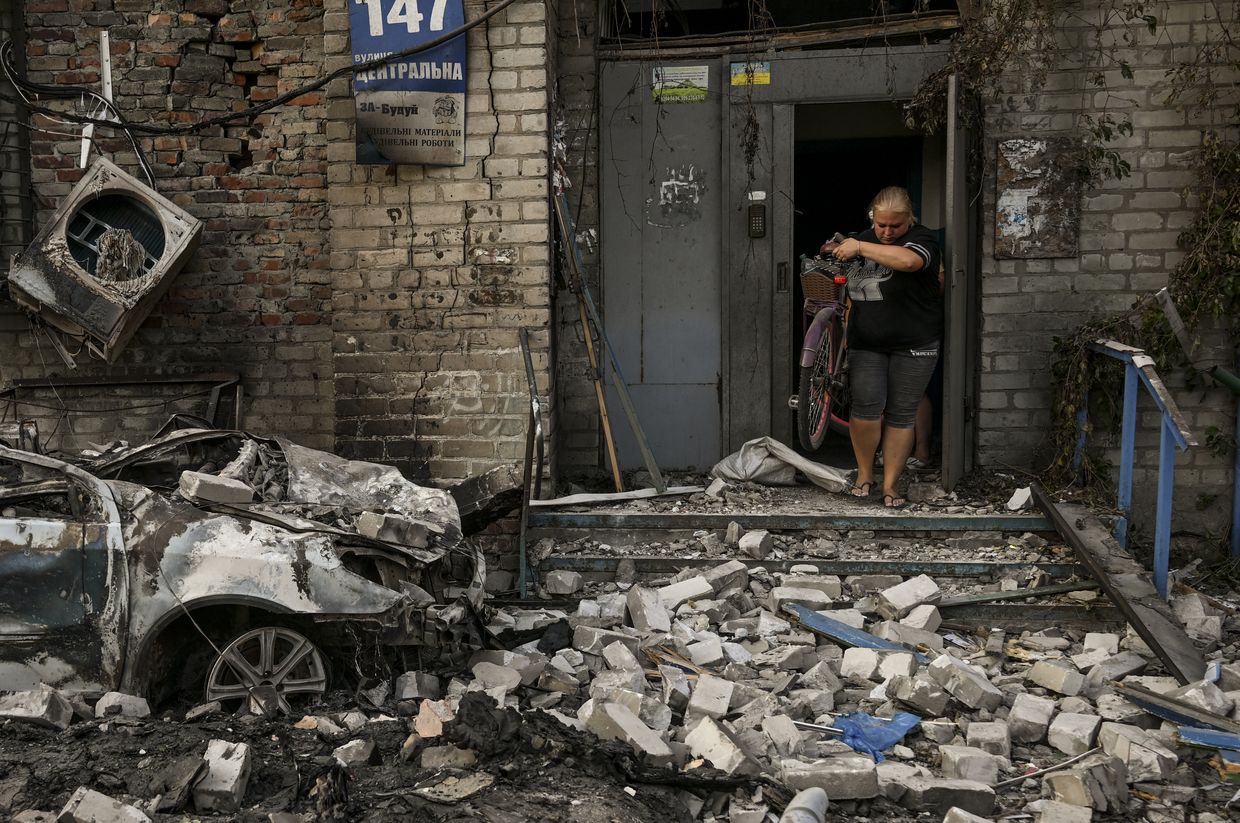German finance minister arrives in Kyiv

Germany's Finance Minister Christian Lindner arrived in Kyiv on Aug. 14 for his first official visit to Ukraine since the start of Russia's full-scale invasion.
Upon arrival in Kyiv, Lindner said that "we stand at Ukraine's side, shoulder to shoulder" and that he wanted to discuss how his ministry could support Ukraine in the future.
"Ukraine must not lose this war," he told reporters. Lindner last traveled to Ukraine in 2020.
He met Kyiv Mayor Vitali Klitschko to discuss further financial assistance, weapons supplies, and the situation in the capital.
The visit comes after unconfirmed claims from a Ukrainian member of parliament, Yehor Cherniev, that Germany plans to send long-range Taurus cruise missiles to Ukraine. Cherniev is also the head of Ukraine's delegation to the NATO Parliamentary Assembly.
The claim is yet to be confirmed by Germany. German Chancellor Olaf Scholz was cautious and "did not want to be rushed on this issue" when questioned about Taurus missiles in an interview with public broadcaster ZDF on Aug. 13.
Taurus missiles have a range of up to 500 kilometers. This means Ukraine could use them to strike deep into Russian-occupied territories, including Crimea.
In May, German media reported that Ukraine had submitted a request asking Germany to supply long-range cruise missiles.
In July, Scholz said that Germany expects to provide Ukraine with $19 billion, or 17 billion euros, in arms deliveries until 2027.
Scholz said the calculations began in 2022, when Russia launched its full-scale invasion, and track projected spending until the year 2027.
The $19 billion estimate only accounts for weapons donated or financed by Germany and does not include other forms of aid to Ukraine.














